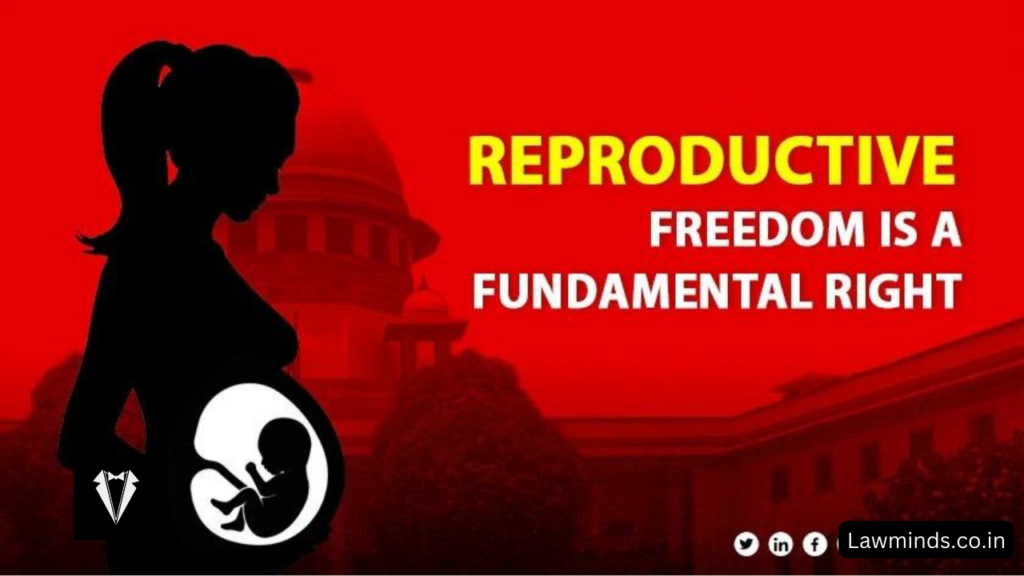
In a recent ruling, the Supreme Court of India has emphasized the fundamental right to choose and reproductive freedom as enshrined in Article 21 of the Constitution. The court underscored that in cases where the opinion of a minor pregnant individual conflicts with that of their guardian, the pregnant person’s perspective must be given significant weight in decisions regarding the termination of pregnancy.
Chief Justice of India D Y Chandrachud, leading the bench alongside Justices J B Pardiwala and Manoj Misra, asserted the paramount importance of a pregnant person’s consent in matters of reproductive autonomy and abortion. Specifically addressing instances where there is a disparity of opinion between the pregnant individual and their guardian, the court stressed the necessity of considering the views of the minor or mentally ill pregnant person as pivotal in reaching a just conclusion.
The bench’s pronouncement came as it revisited a previous order issued on April 22, which had directed the abortion of a 14-year-old rape victim’s fetus at over 30 weeks of gestation. This directive was rescinded on April 28 after the victim’s mother altered her stance on the matter.
In its detailed judgment, the bench scrutinized the clarificatory report dated April 3, 2024, noting an error in denying termination based on the fetus’s gestational age exceeding twenty-four weeks and the absence of congenital abnormalities. The court emphasized that medical boards tasked with assessing pregnancy terminations should not confine themselves solely to the criteria outlined in Section 3(2-B) of the Medical Termination of Pregnancy Act. Instead, they must also consider the physical and emotional well-being of the pregnant individual. Furthermore, any revisions in opinion by the medical board must be accompanied by sound reasoning and an evaluation of prevailing circumstances.
The bench raised concerns regarding Section 3(2-B) of the Act, suggesting it may unduly infringe upon individual autonomy by treating substantially abnormal fetuses differently from cases involving incest or rape. It expressed a willingness to examine this issue in appropriate proceedings if necessary.
In the specific case under review, the bench observed alignment between the views of the minor, identified as ‘X,’ and her parents regarding the continuation of the pregnancy. Despite discussions held in court, the minor’s parents opted against proceeding with the termination of the advanced pregnancy at the current juncture. The bench deemed this decision acceptable.
Examining the Medical Termination of Pregnancy Act, the bench underscored the protection afforded to registered medical practitioners (RMPs) and medical boards when forming opinions in good faith regarding pregnancy termination. While acknowledging the pivotal role of RMPs and medical boards in the Act’s framework, the bench cautioned against their potential obstruction of a pregnant individual’s choice to terminate a pregnancy. Fear or apprehension on the part of RMPs or medical boards, the court argued, directly threatens the fundamental freedoms guaranteed to pregnant individuals under the Constitution.
However, the bench clarified that the legal framework established by the MTP Act, coupled with consistent judicial interpretation, shields RMPs and medical boards from prosecution for acts performed in good faith under the Act’s purview.



